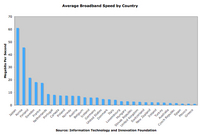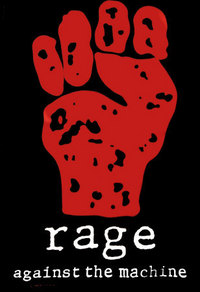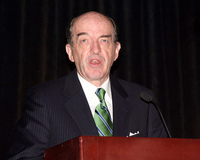 It’s all very well to talk about net neutrality or Internet freedom
and how it affects 700Mhz spectrum sales or freedom of the press.
But what does all this have to do with the average Internet user?
It’s all very well to talk about net neutrality or Internet freedom
and how it affects 700Mhz spectrum sales or freedom of the press.
But what does all this have to do with the average Internet user?
Suppose the telcos and cablecos get everything they want.
To buy a BBQ grill on eBay, you’ll have to pay for the eBay channel. This is above whatever you pay the seller for the grill or eBay for your membership. You’ll have to pay your local Internet access company just to let you get to eBay to participate in the auction. Oh, maybe you’ll be able to get there anyway, but your access may be so slow that you’ll pay for the eBay channel out of frustration.
If you want to buy a book from Amazon, you’ll have to pay for the Amazon channel. For search you’ll need the Yahoo channel or the ask.com channel or the google channel. Assuming your favorite search engine is even offered as a channel. Many smaller services probably won’t be.
Maybe it won’t be quite this bad. Continue reading








